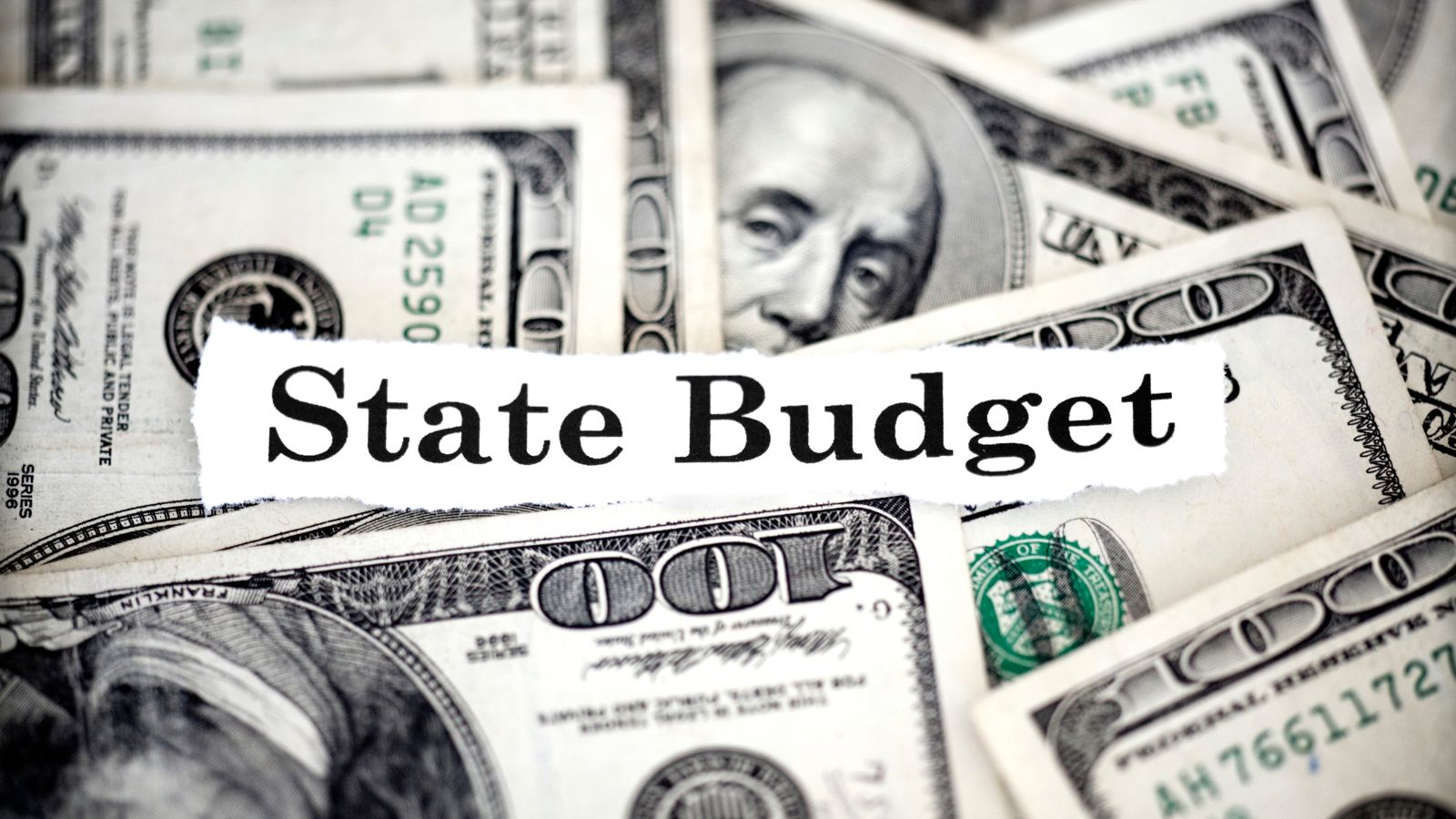Filing Fee Increase – Essential or Embarrassment?
Earlier this year, the Executive Committee of the Republican Party of Arkansas considered a proposal to double the filing fee for running as a Republican candidate for US Congress. The filing fee was already $15,000. That means the proposed filing fee was $30,000.
Proponents of the increase said (in spite of incumbents’ large campaign fundsi) it was needed to generate more federal dollars that could then be used to support winners of the Republican primary.
Opponents of the fee increase said doubling the filing fees creates an artificial barrier which limits competition and discourages newcomers from running for Congress. Jennifer Lancaster who is a member the Executive Committee (and 2d District Chair), described the increase this way, “If the Republican Party of Arkansas continues down this route, the RPA will become known as the “IPA, which is the ‘Incumbent Protection Agency.’”
The motion to double the fee was approved. It was a close vote, and there were several members absent.ii
In comparison, to file this year as an Arkansas Congressional candidate with the Democrats, it costs $2,500. As far as the fees in surrounding statesiii, both Republican and Democrat Congressional candidates pay– in Louisiana-$900, Mississippi-$500, Tennessee-zero, and Texas-$3,125. In California this year, either party’s Congressional candidates pay a filing fee of $1,740.
How did the fee increase work out? Did it raise a significant amount of money to be poured back into the campaigns of winners of the Republican primary?
Let’s compare the 2024 election cycle with the 2022 election cycle. No Arkansas U.S. Senator is up for election this time, so we can only compare the filing fees collected for the four U.S. House of Representatives seats.
For the 2024 congressional primary, five candidates filed for the four congressional seats. Since all incumbents filed, this means only one incumbent, Steve Womack, has a primary opponent, being state senator Clint Penzo.iv With the filing fee now being $30,000 and there being five candidates, that means the party collected $150,000. If each winner is given back his filing fee, that leaves only $30,000 to be divided among the four winning candidates. Doubling the filing fee only resulted in having $7,500 for each of the four winning candidates.
For the 2022 congressional primary, the filing fee was $15,000. Eight candidates filed for the four congressional seats. That was four incumbents and four challengers. The party collected $120,000 in filing fees. If each winner was given back his filing fee, that means there was $60,000 remaining. If that amount was equally distributed to each of the four winners, they would have received $15,000 each.
Despite doubling the filing fee, the party will have half as much money to give to primary winners in 2024 than in 2022. After giving back a winner’s filing fee in 2024, the RPA will have $7,500 ($30,000 divided by four) to give to each primary winner. In 2022 with half the filing fee charged, after giving back the winners filing fee, the RPA potentially had $15,000 ($60,000 divided by four) available for each primary winner.
Even if you put the new filing fee in the best light possible by assuming (for the sake of argument) that only five candidates would have filed this time regardless of the filing fee, how much more did each of the four winners receive from doubling the fee? After giving back to the winners their filing fees, the amount remaining for each winner would have been only $3,750 more than if the filing fee hadn’t been doubled. A drop in the bucket when compared to their existing funds.
Doubling the filing fee was never going to have much of an impact on how much the RPA can give to winners. That leads to the next question: Was the fee increase a factor in having fewer Republican candidates filing for Congress? Hum?
Doubling the filing fee to $30,000 was never going to look good!
***
By the way, depending on the time of the year, the RPA has three separate distinct voices. And opposite decisions may be reached by the different groups. Once every two years the State Convention meets. And when it meets, it is the highest authority. The State Convention is the most grassroots oriented voice. In between meetings of the State Convention, RPA decisions are made at periodic meetings of the State Committee. And when neither the State Convention nor the State Committee are meeting, RPA decisions are made by the Executive Committee.
Republicans should be aware that the decision to increase the filing fee was made by the smallest and perhaps the most establishment-oriented group, the Executive Committee.v
i Currently all members of the US Senate and Congress from Arkansas are Republicans and hold large campaign funds.)
https://www.opensecrets.org/members-of-congress/bruce-westerman/summary?cid=N00035527
https://www.opensecrets.org/members-of-congress/steve-womack/summary?cid=N00031857
https://www.opensecrets.org/members-of-congress/french-hill/summary?cid=N00035792
https://www.opensecrets.org/members-of-congress/rick-crawford/summary?cid=N00030770
ii Conduit News-July 12, 2023, with purported Executive Committee votes:
https://conduitnews.com/2023/07/12/how-much-is-enough-how-much-is-too-much/
Texarkana Gazette-September 8, 2023-Mike R. Wickline:https://www.texarkanagazette.com/news/2023/sep/08/republican-party-of-arkansas-holds-firm-on-30000/
iii https://ballotpedia.org/Filing_requirements_for_congressional_candidates
iv https://conduitnews.com/2023/11/14/penzo-to-challenge-womack/
v https://conduitnews.com/2023/09/05/republican-state-convention-yes-state-committee-no/



